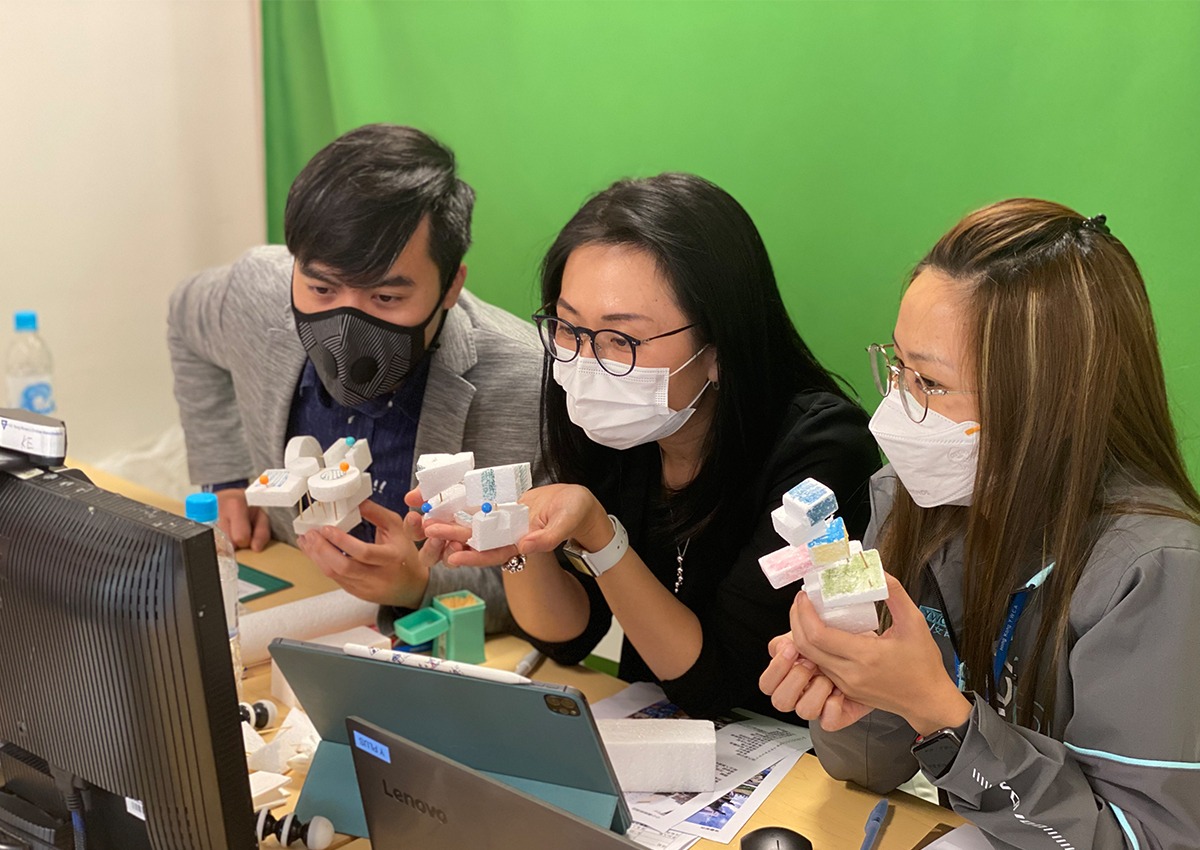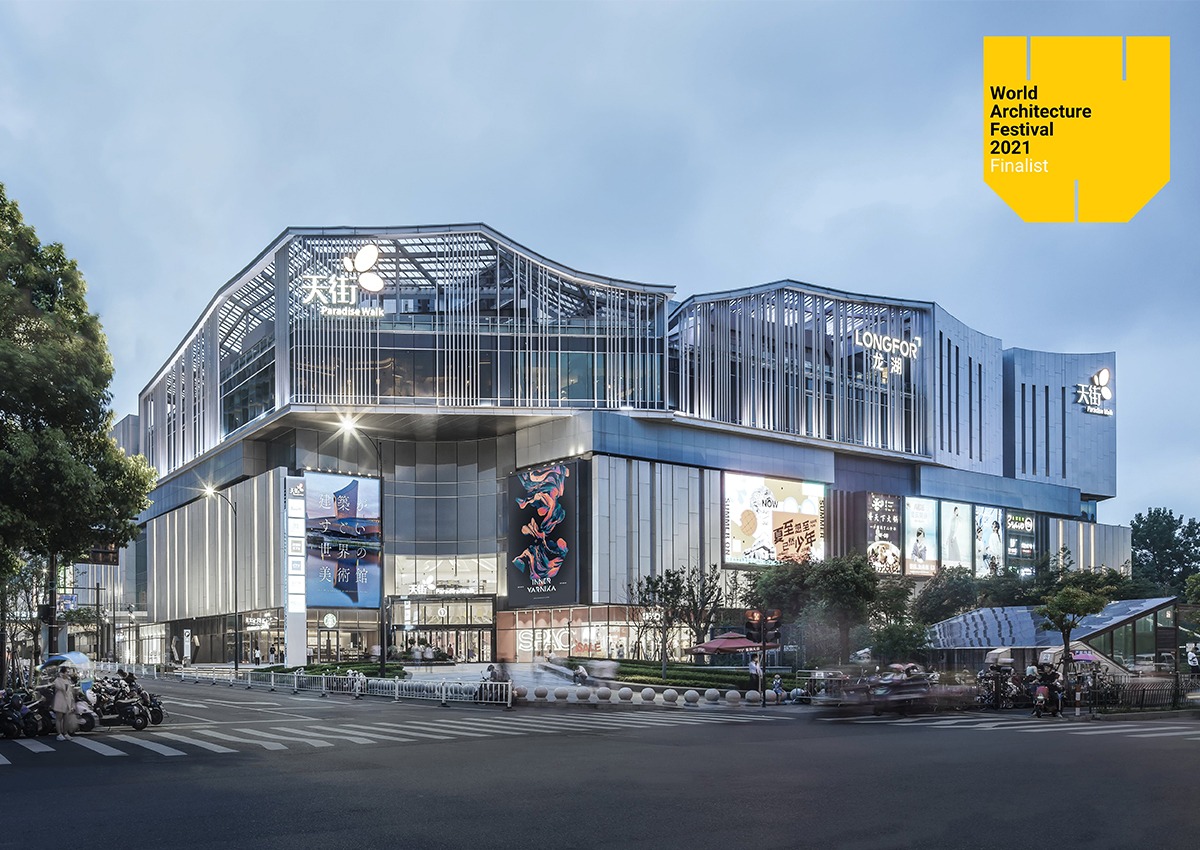15 July 2021
LWK + PARTNERS x Shenzhen University joint master’s course on IoT-integrated architectural design
With the growth of ageing population, global societies are facing increasingly acute challenges in urban planning, building design, healthcare services and even facility management and operation. At a time when AI, the Internet of Things (IoT) and digital technologies are advancing fast, what is the role of smart buildings in responding to an ageing society? How can architects make better use of innovative technology and big data?
LWK + PARTNERS Design Research Unit engaged in an incredible industry-university-research partnership with Shenzhen University’s School of Architecture & Urban Planning and Shenzhen Social Welfare Centre Elderly Home to co-organise an academic course for master’s students. Titled NEXT Design in the IoT Era – the Transformation of Architectural Design Paradigm, the programme spanned from May to June featuring seminars and experiential workshops. There were also experts sharing how digital, sensing and AI technologies affect everyday life in the age of IoT. The course considers how smart design can improve future senior care and build an age-friendly community.
Professor Stephen Lau, head of our Design Research Unit, taught alongside Shenzhen University counterparts with guest speakers from affiliates of our mother company C Cheng, including isBIM, EBSL, Accentrix and C-Bay Smart Cities. Combining online and offline channels, they shared real-life experience of developing senior living projects. Roseville Senior Living Management Limited, our project partner and operator of Hong Kong’s Ventria Residence, were invited to shed light on the present and future of elderly services in the Greater Bay Area, especially as the population ages.
With the help of special tools, students had a simulation experience to understand what it feels like to be a senior person. They also visited Shenzhen Social Welfare Centre Elderly Home, led by its chief Zhuangli Zhang, on a field trip to fine tune their strategies of data collection.
Students learned to carry out ‘scenario construct’ and ‘imagining & imagineering’, to devise different schemes of sensor distribution according to elderly people’s daily scenarios and living habits. After all the six groups presented their final design, experts from the academia, senior living institutions, the design and IoT industries offered valuable multi-stakeholder views through online and offline formats. The guests praised the course for its cutting-edge pedagogy and time-relevant programme, and recognised the creativity and practical considerations shown in the designs, highlighting the vitality of balancing function and aesthetics in architecture.
We will continue enhancing eldercare in the future with smart design and stimulate further discussions on creating healthy all-age living spaces.
About LWK + PARTNERS Design Research Unit and Prof Stephen Lau
LWK + PARTNERS set up the Design Research Unit in 2019 and invited Professor Stephen Lau, Honorary Professor of The University of Hong Kong, as Design Research Director of GBA studio to lead the team. In accord with our mission to bring about sustainable development, the team explores how architecture and design can facilitate the realisation of eco-cities, focusing on the impact of buildings on its occupants and surroundings.
Professor Lau is a research-focused scholar who has a long-time commitment to teaching, with extensive project and research experience on sustainable architecture. He was in charge of the building technology research and teaching division at National University of Singapore’s Department of Architecture, and served three times as Associate Dean of The University of Hong Kong Faculty of Architecture. He is Deputy-Director of China Green Building (Hong Kong) Council as well as an accredited green building professional in both US and UK, an inspector of China’s Green Building Label and an accredited carbon auditor.



